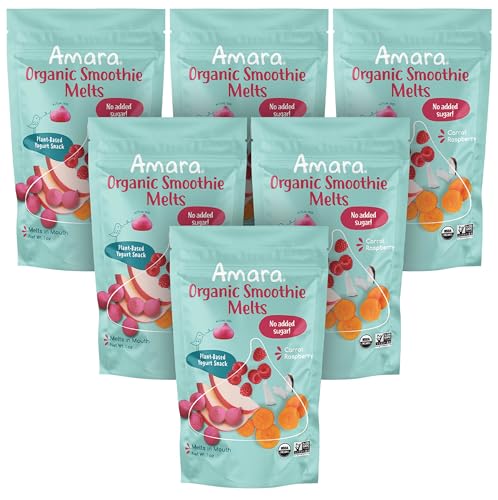Chubbybunnies
Well-known member
- Joined
- Apr 2, 2019
- Messages
- 55
- Reaction score
- 0
Found this in a rabbit I was butchering. Is this safe?
Also, she just had kits, what’s the likelihood that they have it?
Also, I fostered her kits out (she’s a terrible mom, hence the reason she got butchered, what’s the likelihood that they pass it on.
I think I may have just thrown an ember in a hayloft :x
Also, she just had kits, what’s the likelihood that they have it?
Also, I fostered her kits out (she’s a terrible mom, hence the reason she got butchered, what’s the likelihood that they pass it on.
I think I may have just thrown an ember in a hayloft :x





















































